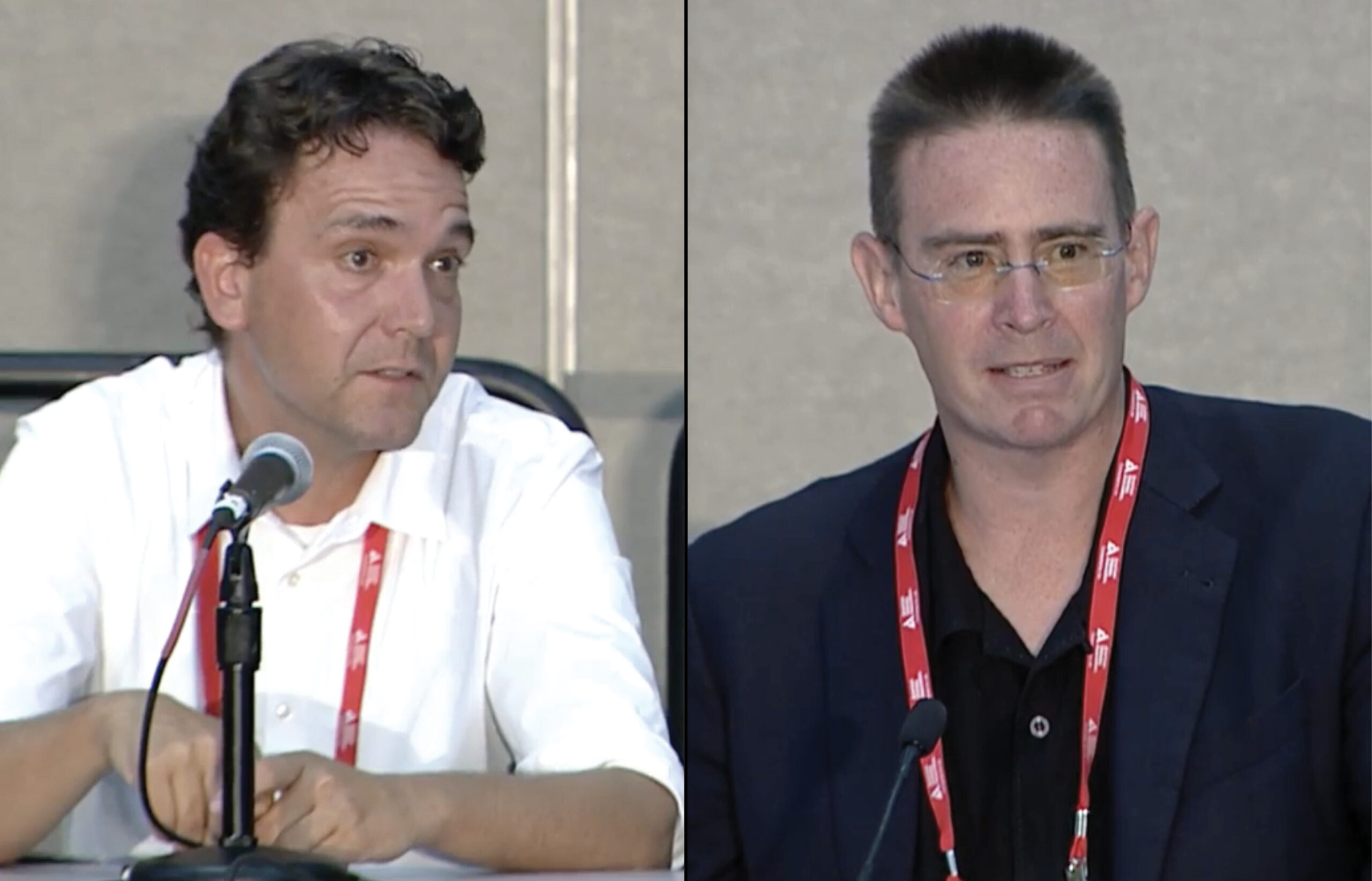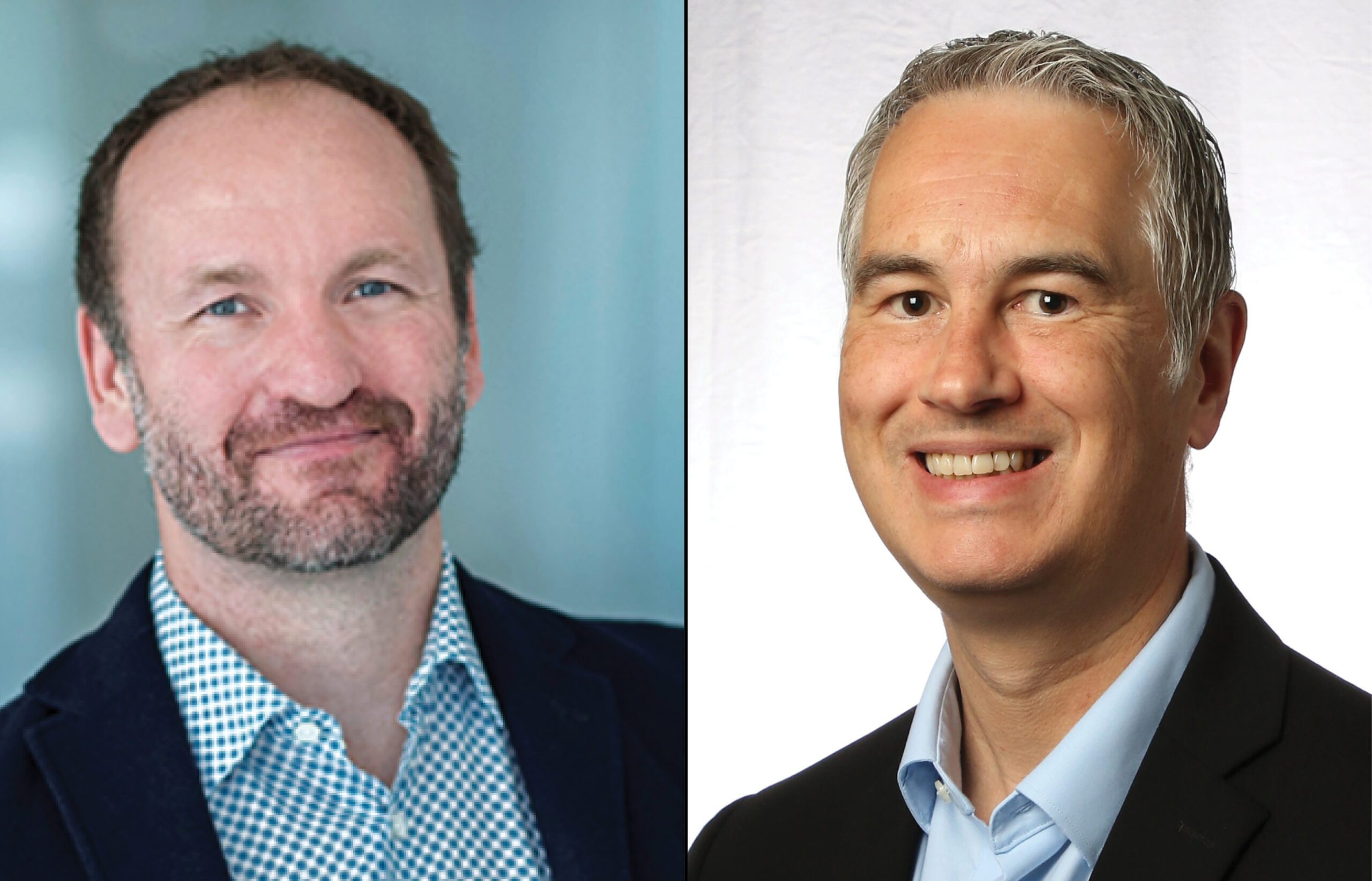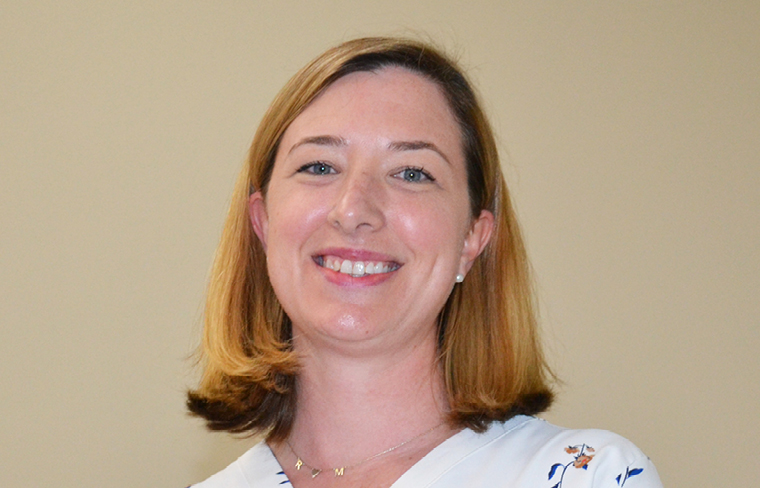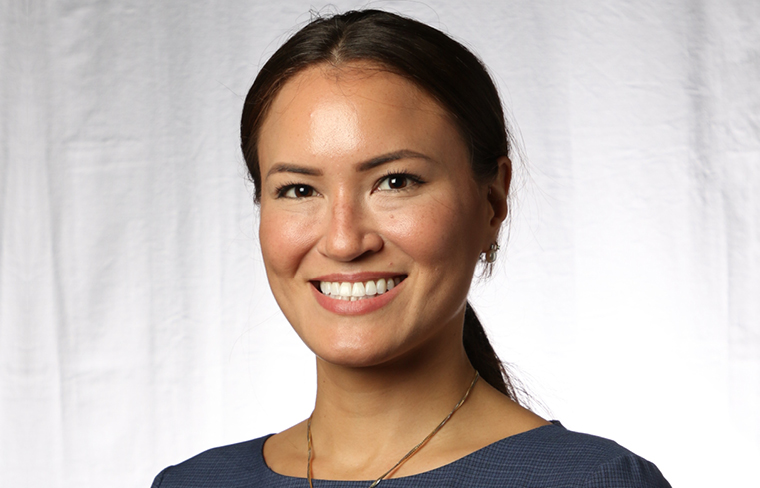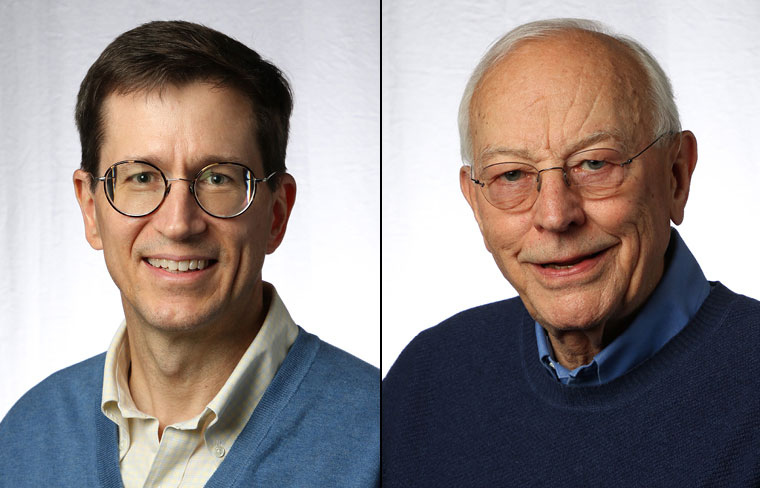-
Experts debate role of the microbiome in obesity
The microbiome accounts for 99% of the genes in a human, yet the notion that the microbiome plays a role in human obesity is all hype, according to Max Nieuwdorp, MD, PhD. He debated Rob Knight, PhD, on this issue. Dr. Knight supported the argument that the microbiome is key in obesity.
-
Symposium compares models for unlocking the mechanisms of obesity
James D. Johnson, PhD, and Kevin D. Hall, PhD, discussed the scientific merit of and the hypotheses driving the two leading models for understanding obesity: the carbohydrate-insulin model and the energy-balance model.
-
Researchers investigate physical activity considerations for older adults with diabetes
A panel of experts analyzed the effects of physical activity on older adults with diabetes to determine potential therapeutic interventions. Bruce A. Perkins, MD, MPH, discussed his research into longevity in type 1 diabetes and the benefits physical activity has on beta-cell reserve.
-
Session examines how to reduce hypoglycemia at patient and system levels
In the U.S. alone, the direct cost of hospitalization for severe hypoglycemia tops $1.8 billion, reported Alexandria Ratzki-Leewing, PhD, in a session that offered a detailed look at the challenges hypoglycemia causes for older people living with diabetes, including health outcomes and financial burdens.
-
Speakers analyze strategies to improve type 2 diabetes outcomes for adolescents
Following the COVID-19 pandemic, researchers observed an increase in type 2 diabetes among adolescents. Experts, including Katie O’Sullivan, MD, presented three strategies to help address the disease in youths: mobilize an interdisciplinary team, explore medical or surgical treatments, and provide community intervention programs.
-
ADA and partners develop consensus statement on person-reported outcomes
A forthcoming consensus statement on PROs looks beyond numbers associated with diabetes—glucose levels, A1C, time in range—to the myriad ways the disease affects daily life. Because diabetes relies on the patient’s own engagement in therapeutic behaviors, integrating PROs into clinical models for care is crucial, explained the authors, including Jennifer L. Sherr, MD, PhD.
-
Physicians debate the comparative benefits of smart insulin delivery and pancreatic cell transplant
The debate continues over using beta-cell replacement or automated insulin delivery in the treatment of patients with type 1 diabetes. Michael R. Rickels, MD, MS, presented support for the biological solution provided by islet transplantation, while Bruce A. Buckingham, MD, presented data supporting the artificial pancreas.
-
Experts discuss the physiology of exercise and clinical management of athletes with type 1 diabetes
Michael Riddell, PhD, and Lori M. Laffel, MD, MPH, provided insight into the unique needs of athletes—children and adults—who live with type 1 diabetes. Different forms of exercise affect glycemia differently, making it important for the type, duration, and intensity of exercise to be factored into the athlete’s care plan.
-
Time in range becomes an increasingly important diabetes target
A1C has long been the gold standard for assessing glycemic control in diabetes over time, but continuous glucose monitoring (CGM) metrics such as time in range (TIR) are increasingly becoming popular because they represent real-time results. Revital Nimri, MD, and other experts discussed the role of TIR and other CGM metrics that use the most…
-
Panelists look at impact of SGLT2 inhibitors, GLP-1 receptor agonists in CVD and diabetes
Growing evidence indicates SGLT2 inhibitors and GLP-1 receptor agonists have beneficial effects not only in patients with type 2 diabetes but also those at risk for cardiovascular disease. Physicians and scientists, including Darren K. McGuire, MD, MHSc, presented findings from trials that demonstrate positive clinical outcomes.
